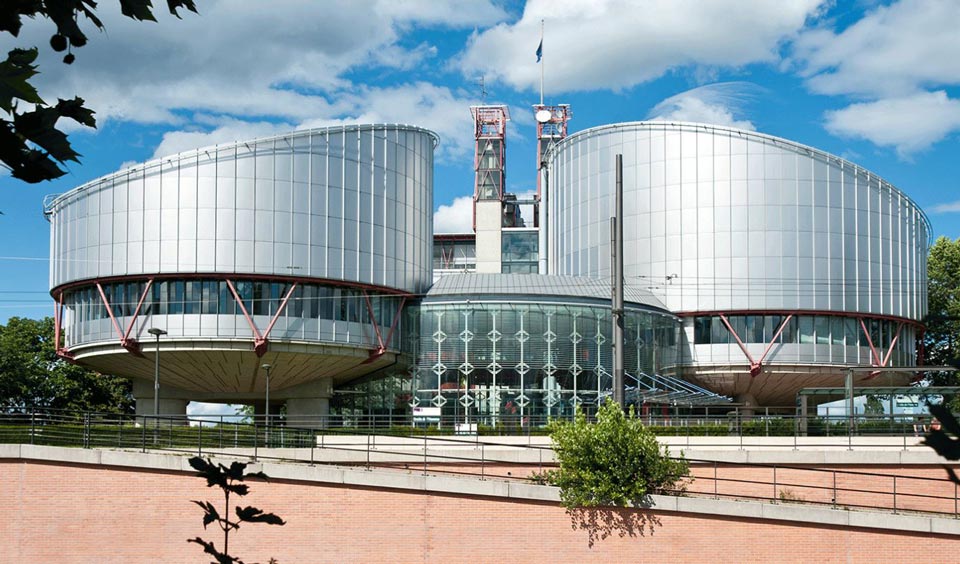ECHR rules into case of Georgian citizens vs Georgia injued during June 20-21 rallies
The Strasbourg-based European Court of Human Rights (ECHR) partially satisfied the complaint of Georgian citizens, who were injured during the dispersal of the June 20-21, 2019 rallies in front of the parliament building. In its judgment, the Court said that the government has to pay compensation to the demonstrators.
The ECHR remarked on a criminal investigation, still ongoing for more than four and half years, into injuries sustained by demonstrators and journalists from rubber bullets fired by the police and from alleged ill‑treatment during the dispersal of a demonstration in front of the Parliament building.
The ECHR ruled that 4 citizens, Maia Gomuri, Aleksandre Chankseliani, Davit Kurdovanidze and Giorgi Sulashvili should receive compensation in the amount of 15.000 euros.
The Court said that “the case concerns the allegedly excessive use of force by the police during the dispersal of a demonstration on 20-21 June 2019, and the allegation that no effective criminal investigation was carried out in this regard. All applicants relied, explicitly or in substance, on Article 3 and Article 13 of the Convention.”
The court refrained from ruling on the possible violation of the essential part of Article 3 of the European Convention, as well as Article 10 (freedom of expression) and Article 11 (freedom of assembly).
“Court refrained from taking a decision in view of the scope of the ongoing investigation and need for further elucidation of factual elements at domestic level, the importance of principles of subsidiarity and shared responsibility,” it said.
The Court noted that the applicants’ complaints could be divided into two categories. The majority of the applicants complained about injuries sustained as a result of the authorities’ use of rubber bullets during the dispersal of the demonstration. As for the others, they alleged that they had been physically ill-treated.
The court dismissed the part of the citizens’ lawsuit, in which the plaintiffs claimed that the state also violated Article 38 of the European Convention, which deals with the proceedings. In particular, the applicants claimed that the government did not fulfill its duty and did not inform the court in advance about the events related to their case.

